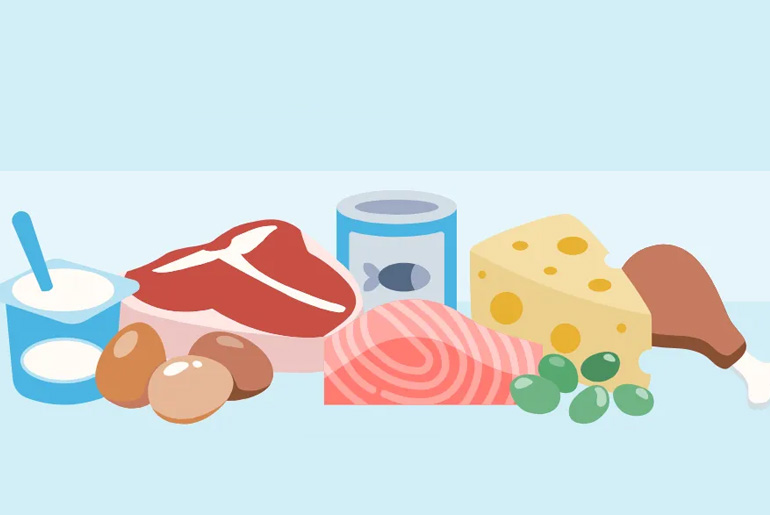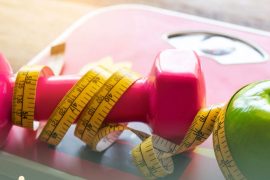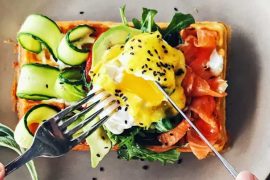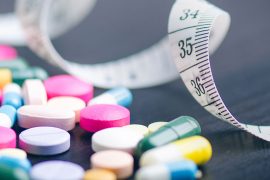Protein plays a crucial role in weight loss by helping build muscles and keeping the body fuller for longer, which reduces cravings and hunger. Successful weight loss requires a calorie deficit diet combined with proper nutrition, strength training, cardio workouts, and a healthy lifestyle. While it is clear that increasing protein intake is important, determining the right amount of protein needed for effective weight loss is essential for achieving the best results.
Eating a high protein diet can be beneficial for weight loss as it keeps you fuller longer, sustain energy and control cravings. But there are a few signs you might be eating too much protein for weight loss.
1. Digestive Discomfort (Bloating or Constipation)
- Problem: A diet rich in protein but low in fiber can disrupt digestion, leading to bloating, constipation, or general gastrointestinal discomfort.
- Why it happens: Fiber is crucial for healthy digestion, and without enough of it, food moves slower through the gut, causing these issues.
- Solution: Ensure your meals include adequate fiber from fruits, vegetables, whole grains, legumes, and seeds. Also, maintain a balanced intake of carbohydrates and healthy fats along with protein for smoother digestion.
2. Increased Thirst
- Problem: High protein intake can strain the kidneys and increase the body’s need to flush out nitrogen waste, leading to more frequent urination and dehydration symptoms like increased thirst.
- Why it happens: Protein metabolism generates waste products like urea that need to be excreted in urine, thus requiring more water.
- Solution: Drink plenty of water—about half of your body weight (in pounds) in ounces of water per day. For example, if you weigh 150 pounds, aim for at least 75 ounces (about 2.2 liters) of water daily.
3. Feeling Tired or Sluggish
- Problem: When protein dominates your diet and carbohydrates are restricted too much, you may experience low energy, fatigue, or sluggishness.
- Why it happens: Carbohydrates are the body’s primary and fastest source of energy. Without sufficient carbs, your body struggles to fuel everyday activities efficiently.
- Solution: Incorporate healthy carbs like fruits, whole grains, and vegetables to restore energy levels and maintain metabolic balance.
4. Stuck Weight (No Weight Loss)
- Problem: Despite eating lots of protein, if your total calorie intake exceeds what your body burns, you won’t lose weight. Overeating protein can still lead to a calorie surplus.
- Why it happens: Weight loss fundamentally requires a calorie deficit (burning more calories than you consume), regardless of macronutrient composition.
- Solution: Focus on a measured and well-balanced diet. Combine proper portions of protein, carbs, and fats while ensuring you’re consuming fewer calories than you expend, without compromising on essential nutrients.
Disclaimer:
The information contained in this article is for educational and informational purposes only and is not intended as a health advice. We would ask you to consult a qualified professional or medical expert to gain additional knowledge before you choose to consume any product or perform any exercise.






